As Pittsfield readers may know, we have been on a journey of redesign of our schools for several years; this work may be thought of as a reinvention of our schools to become more student-centered. This means that we are becoming more responsive than ever to individual student needs, strengths, and interests.
One of the most important reasons for creating student-centered learning for our students is that we now know more about how people learn than ever before. Thanks to the discoveries of brain researchers, parents and educators can now offer our children and youth higher quality learning experiences than those that most of us remember from our own school days.
To put it briefly, we are now working to provide our students with learning experiences that reflect new discoveries in how our brains work. This is why we are minimizing practices like lecturing or assigning workbook page after workbook page. Instead, we are engaging our students in more firsthand learning, team or group learning, and thinking about their leaning than most of us experienced in school.
For example, I can remember how much I enjoyed preparing a project for my school science fair when I was a middle school student. It was so much more interesting than reading a book chapter (though I loved reading immensely!) and taking a paper and pencil test at the end of the chapter. And, I remember learning so much from my own investigation needed to prepare my project, not only about science, but also about time management, presentation skills, and determination.
As our practices in our schools continue to evolve, we’re working to help students enjoy the most powerful learning experiences that we can provide for them. We’re asking students to take on new, more active roles in their own learning, in ways that are similar to my middle school science fair project.
Rather than asking students to sit quietly and absorb everything they’re told, we’re more and more asking them to be actively involved in researching, experimenting, and talking about what’s important to them in the context of both traditional school subjects and subjects that interest them as they grow to become successful learners in their post-high school learning and in their careers.
By Dr. John Freeman, Superintendent Of Schools SAU 51
This article was featured in the Suncook Valley Sun on May 18, 2016.
